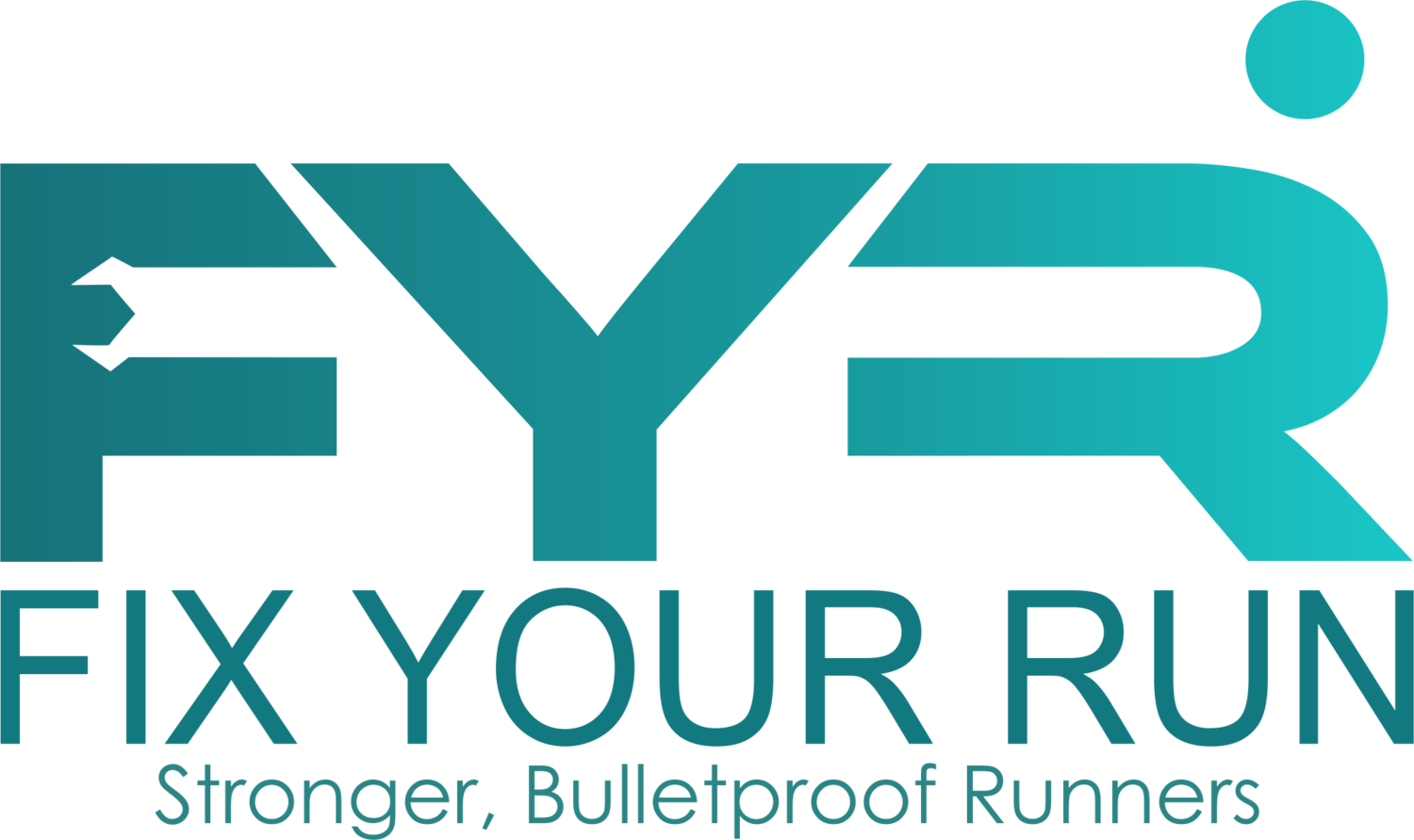Toe Yoga For Runners
A lack of stability in the foot eventually becomes the kiss of death for lots of runners and injury and inefficiency is the result. Let's look into fixing that, shall we?
Workout Appreciation Day
Every once in a while we tend to forget how fortunate we are. I admit to being guilty of this recently, but a wave of appreciation has since washed over me.
How To Recover From The Big Race
Racing – especially over long distances – takes quite a toll on the body. All bodily systems are affected, but muscle damage is likely the one you'll feel the most, especially in the 24-48 hours after you finish. We can improve our recovery from races (and training) by three primary routes
Broad Street Q & A
With the 2012 edition of the Broad Street Run just days away, I figured it might be a good time to address any pressing questions ya'll might have. Kristen kicks it off with a good one...
Fixing Your Pancakey Butt
Now that I've got you checking out everybody's pancake butt, it's time to learn how to fix this disturbing trend. For best results, follow this 3-step plan.
Pancake Butt = Injury Risk?
As part of my professional development I'm always assessing. To clarify, I take it upon myself to look at how people fill out their jeans. Honestly, I try not to be creepy about it, but it tells me a lot about the person.
If Running Sucks, Then You're Doing It Wrong
Have you ever had the feeling that you're just not cut out to be a runner? Like, everyone else seems sooo happy to run and they're all running races and getting fit and you keep getting hurt and you're out of breath within a block and, no matter how hard you try, you just dread every minute of running.
Favorite Workouts: The All-In-One
Here's a great workout that includes many of the ingredients for successful running. This session fits nicely into the early part of your season because it's not super intense, but it will coax the body to become faster.
All About Minimalist Shoes
Minimalist running shoes are rapidly becoming more popular and almost ubiquitous. What is a minimalist shoe, why would someone wear them, and are they right for you?
Great Racing As A Side Effect?
Question: I was running well until December when I developed knee pain. I'm almost finished with rehab and can now run 2 miles pain free. I REALLY want to run Broad Street (I've done it many times before). Is your training program right for me and do you think I can get ready in time?
Changing Behavior Requires Changing Perception
Sarah was fed up with running. Every 8 weeks it was something else. IT Band pain, Piriformis Syndrome, knee cap pain, shin splints... Each time she thought she was in the clear something else would pop up and derail her training program.
Your Engine Must Match Your Body
What inevitably happens is that you go out for a run and you feel great. You're attuned to your exertion level and maybe you're even aware of your personal heart rate training zones. You're doing everything by the book. Yet, you continue to break down with an injury every 8-12 weeks! What's up??
Don't Be THAT Runner
With the Broad Street Run fast approaching (Did ya sign up??) it's time to consider who you might be up against. This is your competition. And list of people to avoid.
The Side Plank Done Right
Consider the locomotion and movement patterns we use most often: Sitting, Rising from a chair (half squat), Walking, Running straight ahead. Then think about some of the common knee issues people face: IT Band Syndrome, Patellofemoral syndrome, (Exercise-induced knee pain in general). What's the link?
Bad Posture = Bad Running?
A client comes in and wants to run a half marathon, reduce her injury risk and, oh yeah, get rid of some bra flab. Without any further information other than the picture below, I'd like you suggest a few exercises.
Critical Aspect of Goal Setting
Sharing your stated goal with others becomes the next step that will seal the deal. You are now bound to your goal and have moved closer to achievement.
Coming Back From Injury Safely
Coming off of injury? Try this basic, but sound “return to training” plan. I believe it was renown running coach Dr. Jack Daniels who first recommended this increasing mileage pattern and it has served many of my clients well in the past.
The Feel Good Run
Does it like to be thrust into 8 minute/mile pace right from the start? Does it like the monotony of the same pace for the duration of every run? Are you pleased with the results you've achieved from the workouts you run? Introducing The Feel Good Run.
Surviving The Transition: The Lower Leg
A key ingredient in making a successful transition to better running form is calf strength, flexibility and, maybe most importantly, tissue quality.
